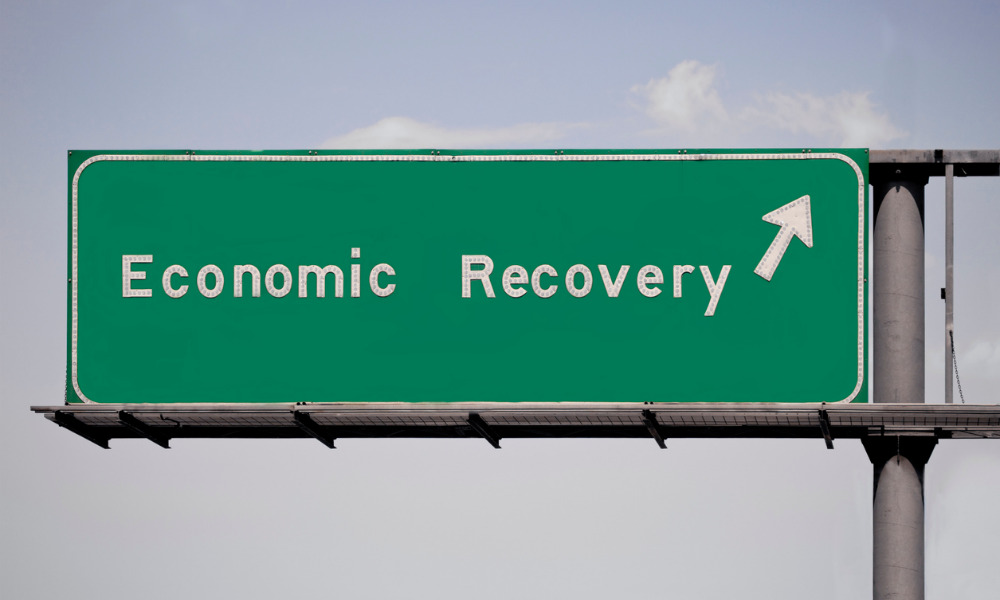Expert suggests shifting focus towards next recovery rather than severity of a recession

The drastic increases in interest rates by central banks to fight inflation have raised the possibility of a recession, and current upheaval in the banking industry, which can result in tighter lending conditions, could heighten that possibility even more.
In his article for Capital Ideas, economist Jared Franz said, “One reliable indicator of a recession is an inverted yield curve, where the yield on short-term U.S. Treasury bonds is higher than the yield on longer dated bonds. Recent activity in bond markets suggests a recession is widely expected. In fact, this may be the most widely anticipated recession in decades."
Franz has shifted his attention to more long-term concerns, such as what may serve as the agents for a subsequent recovery and what effects could that recovery have on investment portfolios, even as most investors are preoccupied with the timing and intensity of the next recession.
“When an insight is widely held, it can be challenging to benefit from that insight, as it may already be priced into the market,” Franz said. “Instead, investors may be better served by preparing for what I believe will be a stronger than usual recovery, fueled by a healthy consumer sector.”
Has a recession already begun in the U.S?
According to Franz, with inflation remaining over the Fed’s 2% objective and the labour market being tight, the U.S. is on the verge of a recession. The Fed may be hesitant to raise rates in the wake of the current turmoil in the banking industry, but it will be ready to do so if inflation continues to decline.
Franz predicts that GDP would decrease by 1%, which would be less severe than the 4.5% decline that occurred during the global financial crisis (GFC) from 2007 to 2009. Another risk factor is a deteriorating housing market, which saw a drop in sales and a continuation of price declines in March.
Price declines might go down another 10% before reaccelerating. By preventing further damage to family balance sheets, consumer confidence can spike as a result. Most economists in Canada believe the country will have a recession in 2023, but it will be brief, and economy will pick up again fast, as is predicted for the United States.
“According to the Conference Board of Canada (CBoC), an economic slowdown is on the horizon, but the country’s largest private economic analysis forecasting group stops short of declaring Canada will enter recession,” Franz said.
A lack of significant deleveraging and firms acting to remove excesses from the economy are two factors that suggest that the next rebound will be stronger than previous ones. Although a recession is inevitable this year, it is predicted to be brief because of the steps firms have taken to remove excesses from the economy.
“Healthy job markets, wage growth and household wealth should be key catalysts for a more robust recovery,” Franz added, referring to a more robust consumer sector compared to previous cycles.
In what ways does it affect investors?
The U.S. consumer sector, which makes up 67% of the economy, should increase by 3% because of strong labour market fundamentals, strong household finances, and lowering inflation. The labour market will, however, see some contraction during a recession, although it is predicted to recover.
“Strong wages and consumer confidence could boost consumer spending, providing an uptick in a range of industries, including travel and leisure…Historically, the stock market has tended to anticipate recoveries, rebounding ahead of any turn in the economy,” Franz said.



